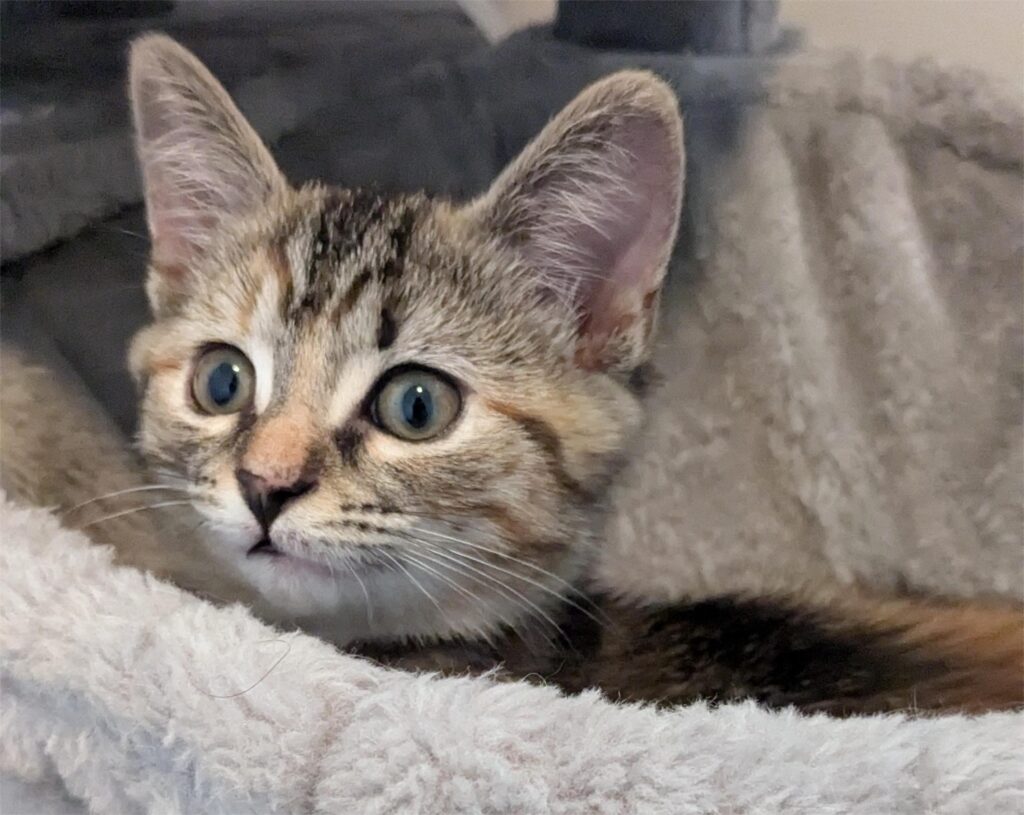Cats are wonderful companions, bringing joy, comfort, and warmth to our homes. As responsible pet owners, we want to ensure that our furry friends stay happy and healthy throughout their lives. While cats are generally independent creatures, they are also prone to certain health issues.

Obesity
Obesity is one of the most common health issues affecting cats today. Overfeeding and lack of exercise can cause cats to gain weight, leading to several complications like diabetes, arthritis, and heart disease.
Prevention Tips
- Portion Control: Always follow the feeding guidelines on your cat’s food packaging. Avoid overfeeding and give treats in moderation.
- Regular Exercise: Encourage playtime with interactive toys such as feather wands or laser pointers. Cats need mental and physical stimulation to stay active.
- Checkups: Regular vet visits will help monitor your cat’s weight and overall health.
Dental Disease
Cats can suffer from dental issues. Plaque and tartar buildup can lead to gum disease, bad breath, and tooth loss. If left untreated, dental disease can also cause more serious health problems like kidney disease.
Prevention Tips
- Brushing Teeth: brushing your cat’s teeth a few times a week can significantly reduce the risk of dental issues.
- Dental Treats and Toys: There are special treats and toys designed to help clean your cat’s teeth and reduce plaque buildup.
- Regular Vet Checkups: Ask your vet to check your cat’s teeth during routine visits.
Urinary Tract Issues
Urinary tract infections (UTIs), bladder stones, and even blockages can be a significant problem, especially in male cats. These issues can be very painful and, if left untreated, may become life-threatening.
Prevention Tips
- Hydration: Make sure your cat has access to fresh water at all times.
- Diet: Feed a balanced diet, preferably one that promotes urinary health.
- Litter Box Hygiene: Keep your cat’s litter box clean, as poor hygiene can contribute to infections.
Hairballs
Cats, especially long-haired breeds, can develop hairballs due to grooming. While occasional hairballs are normal, frequent ones can lead to vomiting, digestive issues, and discomfort.
Prevention Tips
- Frequent Brushing: Regular brushing helps reduce loose fur and prevent hairballs.
- Hairball Control Food: Some cat foods are designed to reduce hairball formation. Ask your vet about suitable food options.
- Hydration: A well-hydrated cat will experience fewer digestive problems, including hairballs.

Leave a Reply